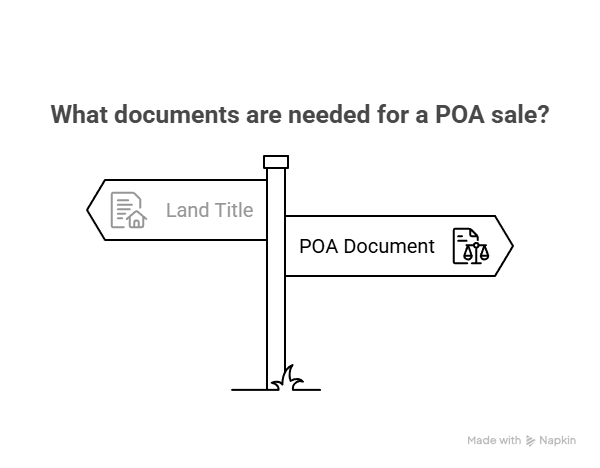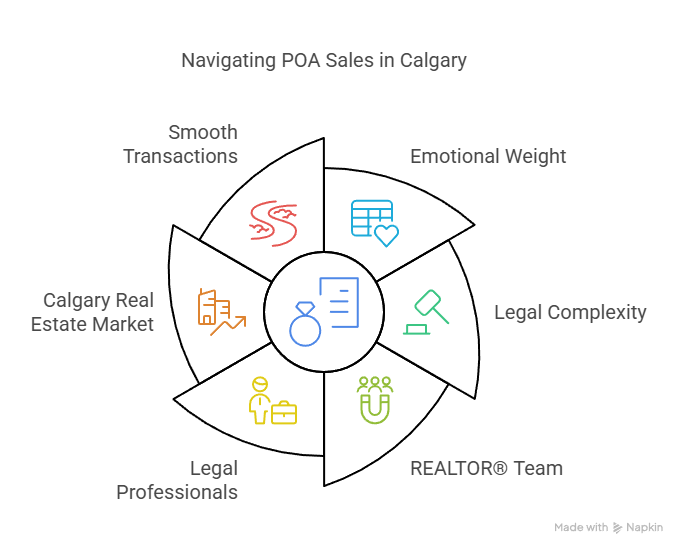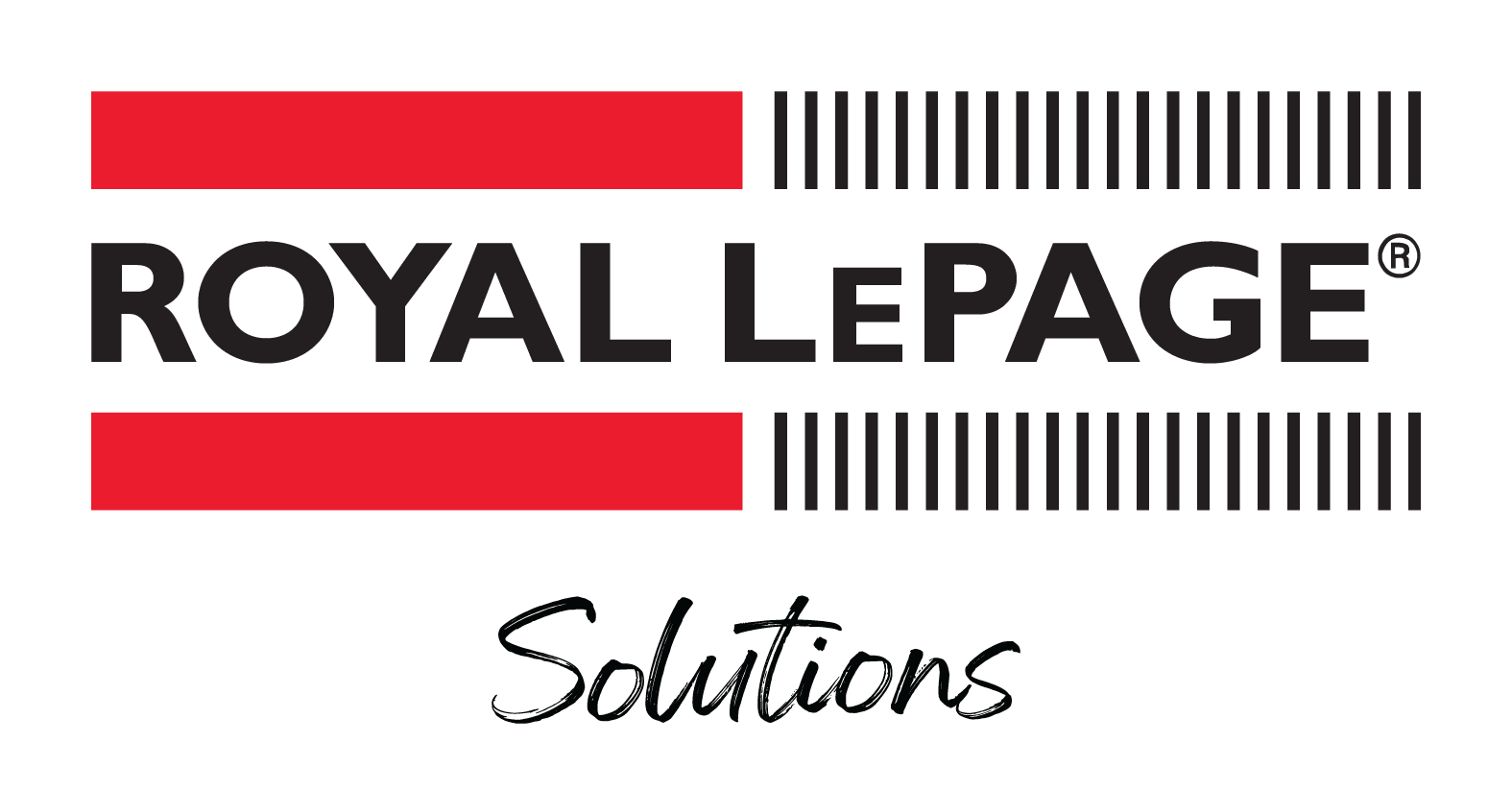What is a Power of Attorney Sale?
Navigating the real estate process is complex enough—adding a Power of Attorney (POA) situation can make it feel even more overwhelming. We’ve walked alongside many clients through these moments, helping them manage the sale of a loved one’s home while juggling emotional, legal, and financial responsibilities. That’s why our experienced team is equipped not only with market knowledge, but also with the compassion and legal awareness necessary to support you every step of the way. In this article, we’ll break down what a Power of Attorney sale involves, what you’ll need, and how we make the process as seamless and stress-free as possible.
Understanding the Power of Attorney Sale
When someone is no longer able—or chooses not—to handle their own affairs, they may appoint a Power of Attorney (POA) to act on their behalf. There are two primary types:
- Power of Attorney (POA) – granted when the person is still mentally and physically capable of making decisions but prefers someone else to act for them.
- Enduring Power of Attorney (EPOA) – comes into effect when the person is no longer of sound mind or body.
As the POA, you may be tasked with major decisions, including the sale of property. This is where our role as REALTORS® becomes especially important.
What Documents Do You Need?
To legally list and sell a property under a Power of Attorney, you’ll need:
- The Land Title
- Ensure that the individual you’re acting for is the only name on the title. If other people are listed, they’ll also need to sign the listing and sale contracts.
- The POA or EPOA Document
- This must be an official legal document confirming your authority to act on the individual’s behalf.

Signing and Selling: What to Expect
Depending on the person’s mental and physical state, signing responsibilities differ:
- If they are of sound mind/body: Both the individual and the POA will need to sign the contracts.
- If they are not of sound mind/body: Only the POA is required to sign. The REALTOR® typically notes on the contract that it was signed by “Jane Doe – POA for John Doe.”
From this point, the sale proceeds much like any other transaction. Once a buyer is secured, the conditions are met, and the deposit is received, your lawyer will coordinate closing and ensure the funds are distributed appropriately.
When Does the POA End?
A Power of Attorney is only valid while the individual is living. If they pass away during the process, the POA becomes void, and their Will designates an Executor who will then take over the role—shifting the property sale into an Estate Sale.
How We Help
We understand that Power of Attorney sales often come with emotional weight and legal complexity. Our agents are connected with trusted legal professionals, experienced in navigating Calgary’s real estate market, and deeply committed to making every transaction smooth and respectful. Whether you're stepping into this role for the first time or supporting a loved one through a transition, we’re here to guide you.
Have questions about a POA sale in Calgary? We’d be honoured to help you move forward with confidence. Reach out to our team today.


